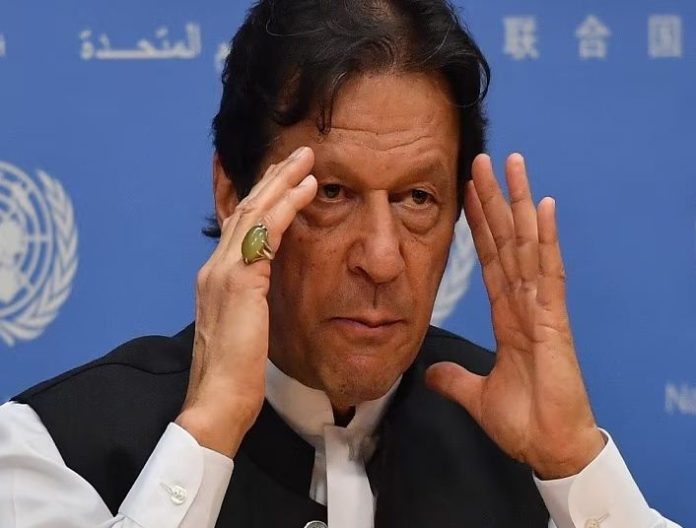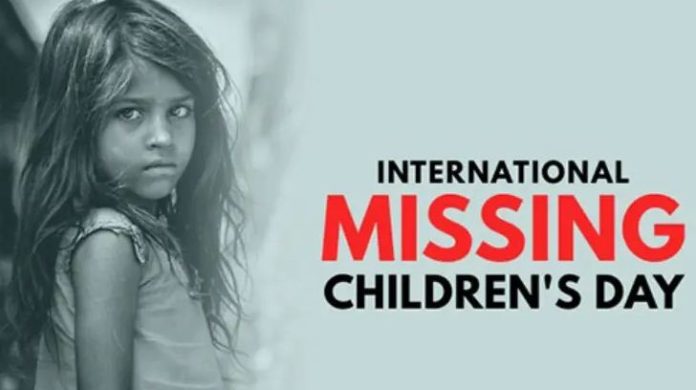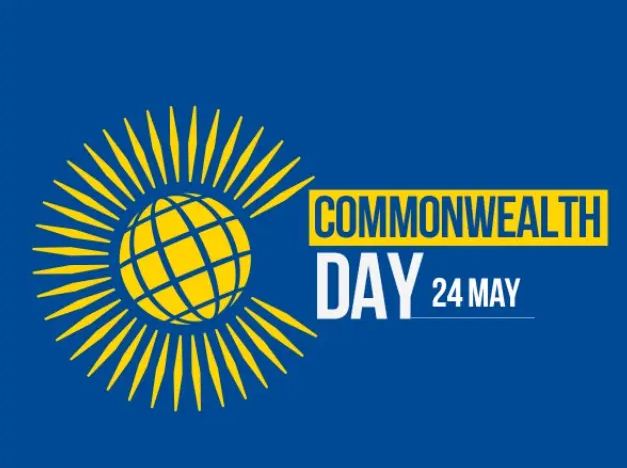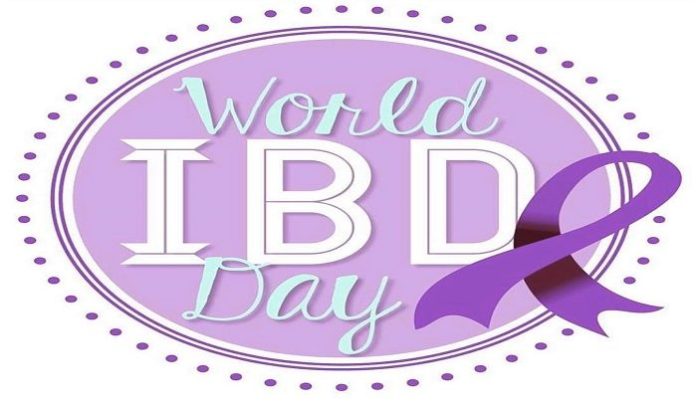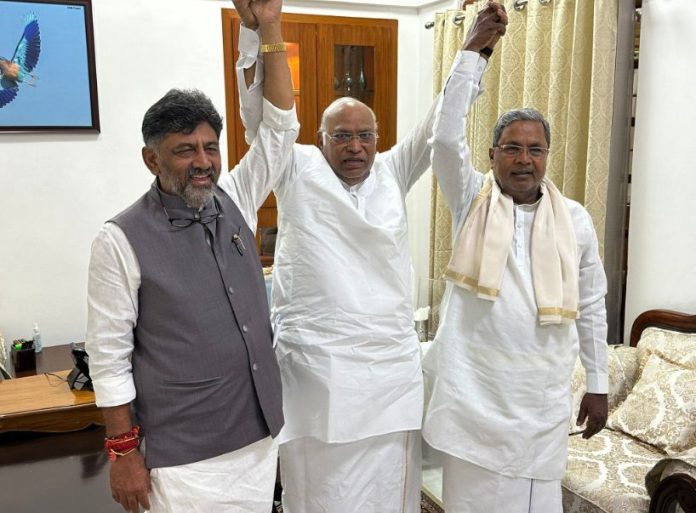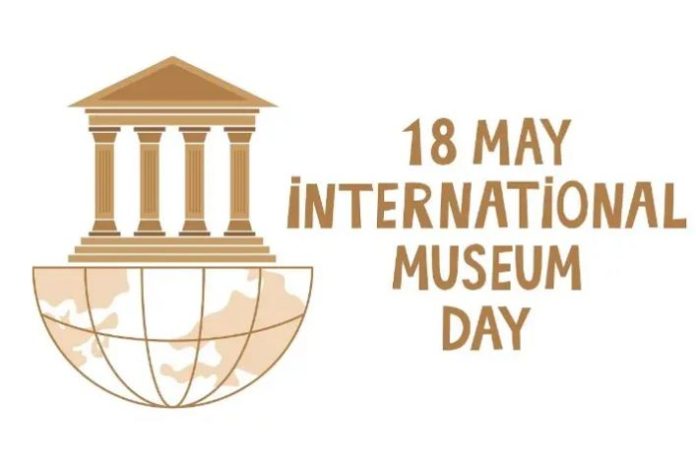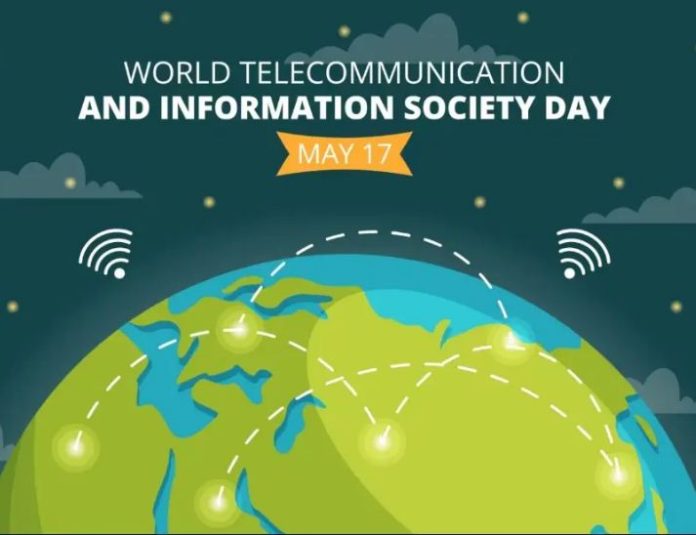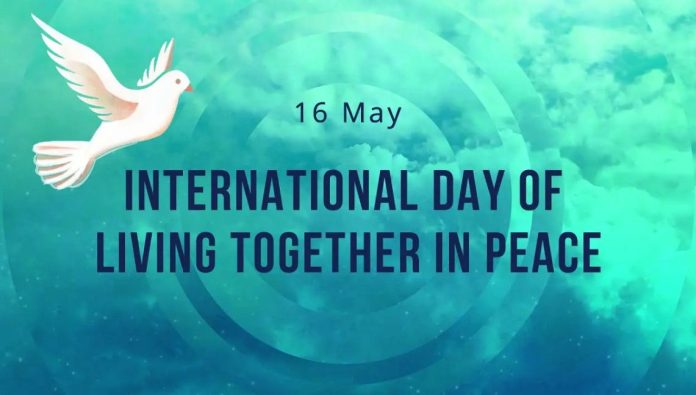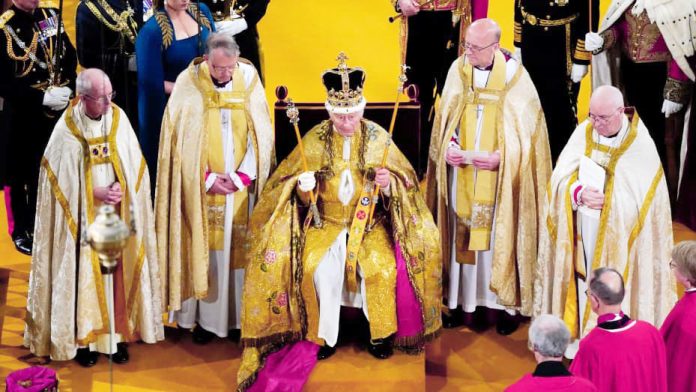Pakistan is in financial crisis. Now it has grown into a moral crisis, especially for deposed Prime Minister Imran Khan. According to Pakistan’s leading daily Dawn, the government on May 26 shared the confidential medical reports of PTI chief Imran Khan’s tests, supposedly conducted during his custody earlier this month. While the reports allegedly that no fracture was found on his legs, but traces of alcohol and an illegal drug were found in his urine sample. That purports to label Imran ad a drug abuser.
That was not all. The report also claimed that Imran’s mental stability was questionable.
According to the daily, the details were shared at a press conference by the country’s health minister, Abdul Qadir Patel in Karachi.
It has been said that Patel described the PTI chief’s medical report as a “public document” and said he didn’t need anyone’s permission to release it. He rejected questions surrounding the moral and ethical grounds for releasing someone’s health records.
The minister also announced he would share more information about Khan as a detailed report was still awaited.
Patel said it all began on May 9 after Khan’s urine sample was obtained at a National Accountability Bureau’s (NAB) office shortly after the former prime minister was arrested in a corruption case. He claimed Khan was completely examined by a medical board comprising five senior officials of the Polyclinic and Pakistan Institute of Medical Sciences (Pims).
Reading from the medical fitness report, the only one shared with the media, the health minister said Khan appeared under stress and displayed symptoms of anxiety during the examination. The report claimed that Khan was also angry about recent events and had little insight into the seriousness of the current situation. It also questioned his mental stability.
Ironically, however, the report’s findings showed nothing to support these remarks. In fact, it showed almost all tangible indicators were normal, said the daily.

